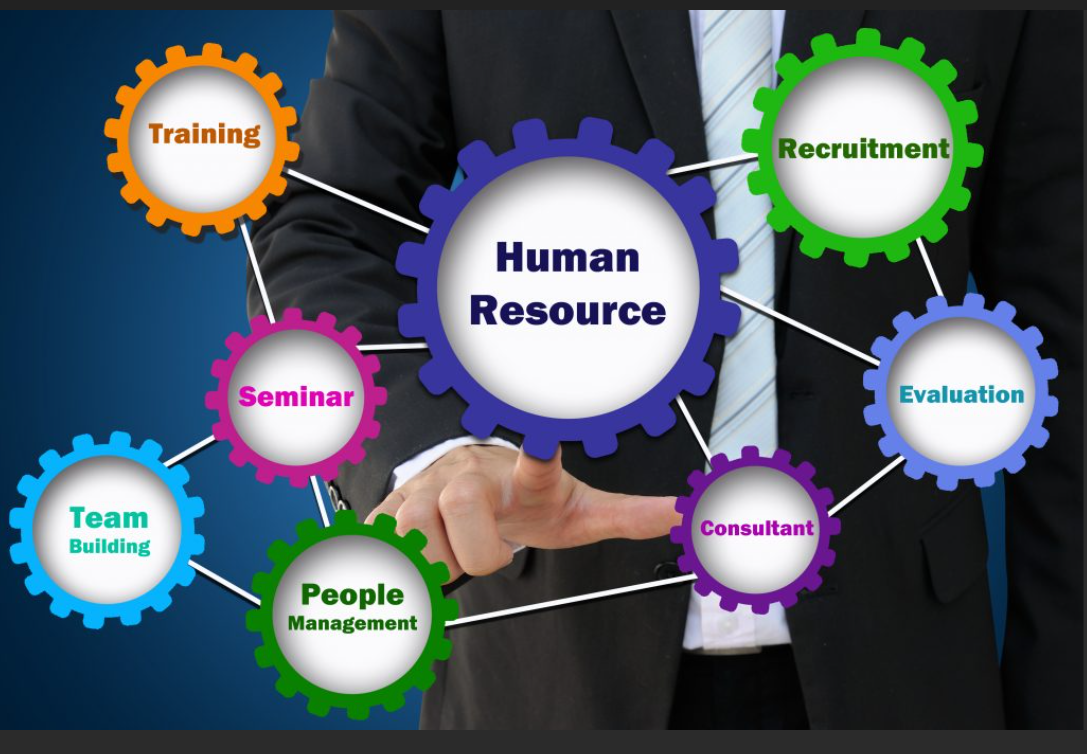
- Teacher: Precious Zawadi
Moodle is an open-source Learning Management System (LMS) that provides educators with the tools and features to create and manage online courses. It allows educators to organize course materials, create quizzes and assignments, host discussion forums, and track student progress. Moodle is highly flexible and can be customized to meet the specific needs of different institutions and learning environments.
Moodle supports both synchronous and asynchronous learning environments, enabling educators to host live webinars, video conferences, and chat sessions, as well as providing a variety of tools that support self-paced learning, including videos, interactive quizzes, and discussion forums. The platform also integrates with other tools and systems, such as Google Apps and plagiarism detection software, to provide a seamless learning experience.
Moodle is widely used in educational institutions, including universities, K-12 schools, and corporate training programs. It is well-suited to online and blended learning environments and distance education programs. Additionally, Moodle's accessibility features make it a popular choice for learners with disabilities, ensuring that courses are inclusive and accessible to all learners.
The Moodle community is an active group of users, developers, and educators who contribute to the platform's development and improvement. The community provides support, resources, and documentation for users, as well as a forum for sharing ideas and best practices. Moodle releases regular updates and improvements, ensuring that the platform remains up-to-date with the latest technologies and best practices.
Links of interest:

Manage Employee Relations means handling the relationship between employers and employees to ensure a positive, productive, and respectful working environment.
It involves:
1. Promoting good communication between staff and management.
2. Resolving conflicts or misunderstandings fairly and quickly.
3. Ensuring fair treatment of all employees.
4. Encouraging employee engagement and motivation.
5. Implementing and enforcing workplace policies that support both employees and the organization.
6. Handling grievances and disciplinary issues in a professional and lawful way.
7. Maintaining legal compliance with labor laws and employment regulations.
In short, it's about building trust and cooperation to improve job satisfaction, reduce turnover, and increase organizational performance.